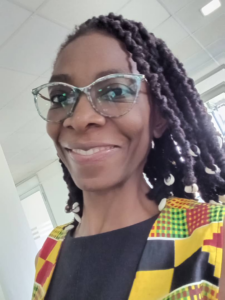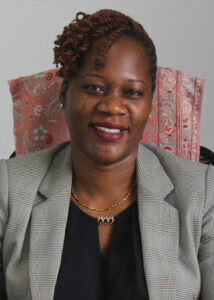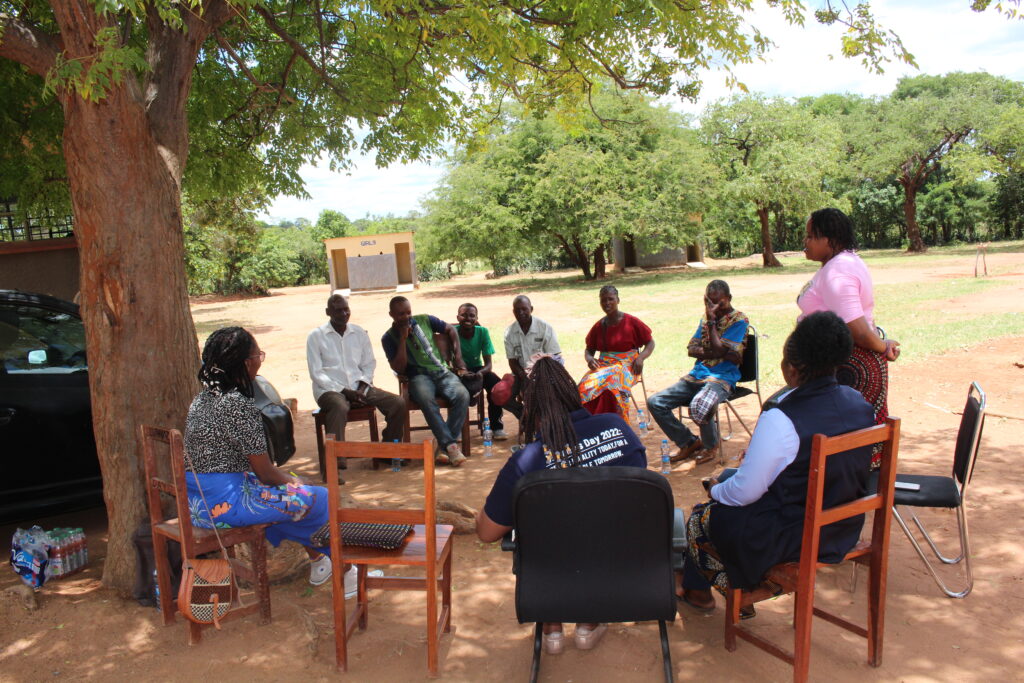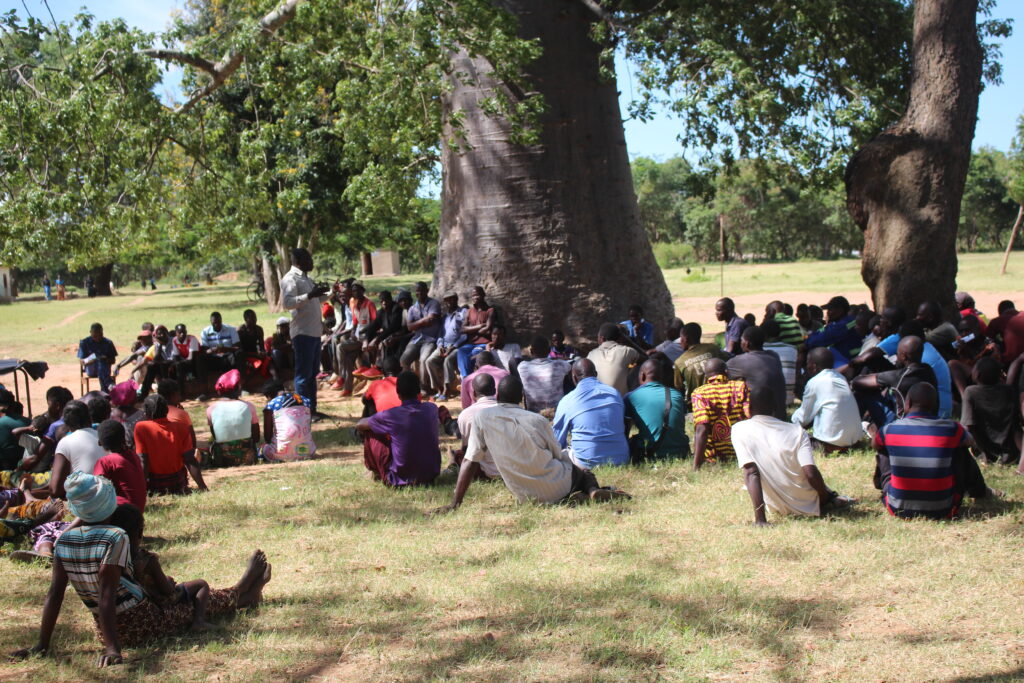In mid-March, NRECA International’s Zambia Electric Cooperative Development Program (ZECDP) team hopes to launch the second electric co-op in Zambia in the Petauke district. It’s located about 886 miles South of its sister co-op in Ntatumbila, where the country’s first electric co-op was formed in July 2023.
In 2024, as part of the ZECDP cooperative development activities, the team will be including activities to increase and sustain the participation of women and youth in the electric co-ops’ membership, governance, leadership, and economic benefits that will be established in the coming years.
Gladys Musaba joined NRECA International’s ZECDP team in January this year, as the Gender and Social Inclusion Specialist. Her priority is to support cooperative development by designing programs to engage women and socially disadvantaged community members to participate in governance as well as to more directly benefit from electrification service provided by ZECDP cooperatives. Gender and social inclusion activities are intended to both benefit women and disadvantaged community members, as well as to support more financially sustainable and independent cooperative enterprises.

“My job is to make sure that each and every individual within the community is part and parcel of household and community development and show that women and young people can play important roles and bring fresh ideas to the table through their participation in electric cooperatives,” said Gladys.
In the Petauke district, members from seven communities will form the new electric co-op, which will receive and manage power extended from the national grid. An outreach campaign was launched in late 2023 to inform, educate, and engage the communities about the electric co-op model, their roles, and how being members will benefit them. As part of this effort, Gladys is working closely with her colleagues on the ZECDP community development team and has reviewed the new co-op’s proposed bylaws to make sure they are gender sensitive and socially inclusive. This includes reserving two board seats for women, and one is set aside for a youth member.
Shifting the mindset about gender roles
Traditionally, this region is a matrilineal society — where lineage is traced through the mother’s side of the family, which influences land and property inheritance. However, cultural changes over the years tipped the scale, and today male leadership is more dominant. Because of this, the team has engaged traditional leaders to shift the mindset about gender roles and explain why this is important for the success of an electric co-op.

“The communities are ready to receive electricity to improve their livelihoods,” said Doreen Bwalya, ZECDP’s program manager in Lusaka. “We are working to help them understand that to establish a successful electric co-op, they must have true representation of the communities, and accept that women and youth play a critical role in ensuring long-term access to reliable and affordable electricity.”
Equality for all
In the coming weeks, Gladys and the ZECDP team, in collaboration with the Gender Focal Point Persons from Zambia’s Department of Cooperatives and Rural Electrification Authority (REA) hope to change the narrative about gender roles, increase the community’s understanding of the benefits of women and youth participation in an electric co-op, and see their hard work pay off in the upcoming general assembly.

“The biggest challenge will be to change how people have viewed things in the past, ” said Gladys. “The concept of an electric co-op is new to them, so we also need to create an awareness of the benefits of supporting and creating an electric co-op. This will take a lot of discussions and putting in place outreach programs that make communities understand that each discussion, training, meeting, is moving them forward to getting to that place where they can reap the benefits of belonging to a co-op.”
This can be a complex concept to introduce to communities, but for Gladys, the benefits of the electric co-op model are clear.
“It’s true ownership of development through their communities,” Gladys added. “The individuals play a critical role in defining what they want, everyone gets involved and it’s an exciting challenge to help them see how the cooperative business model works.”
